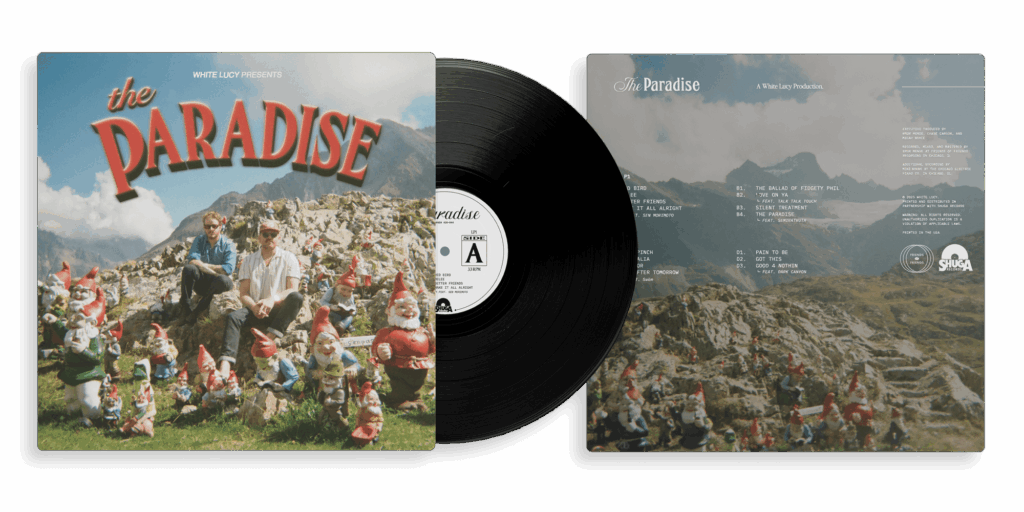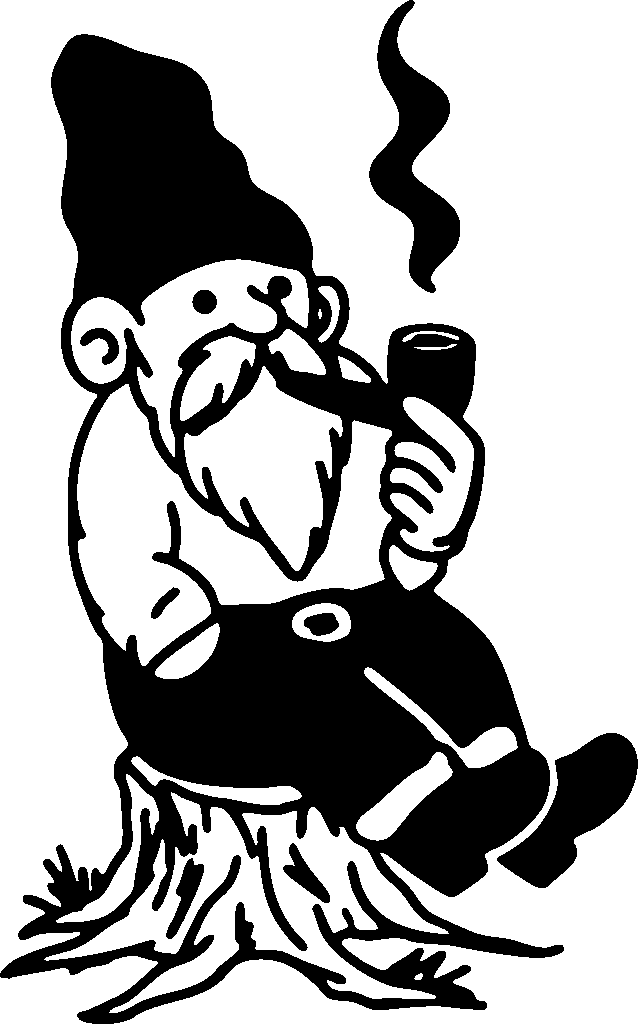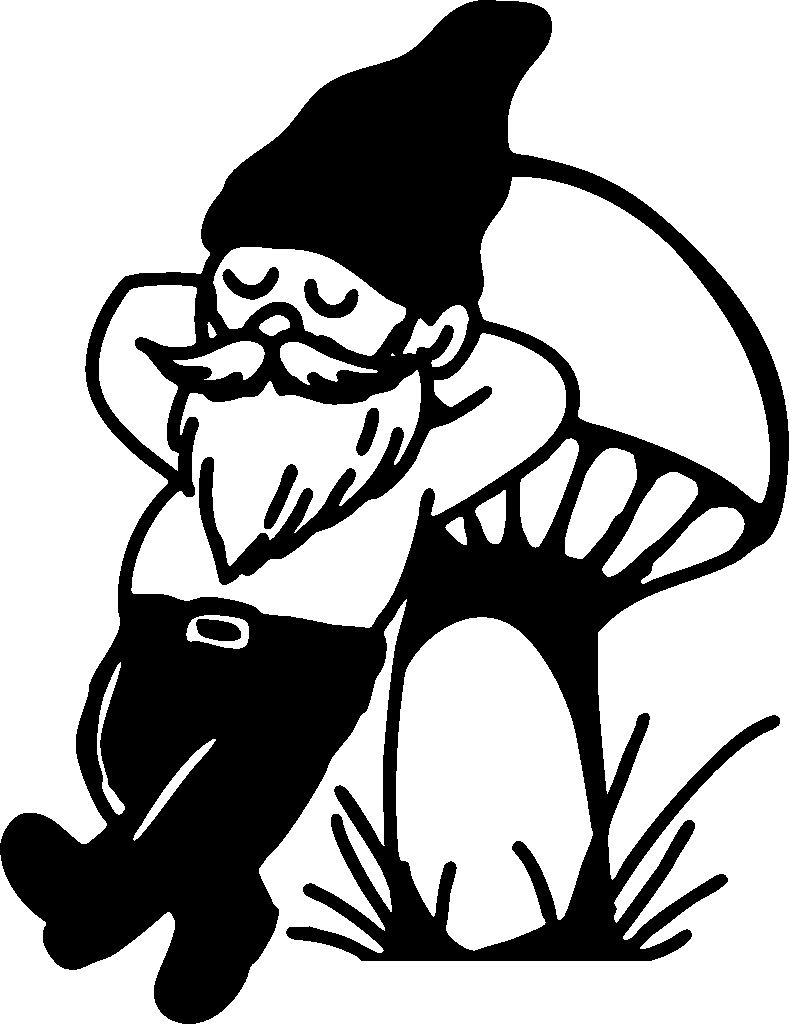
Video

7:14

6:50

5:52

4:44

6:03

3:24

2:32

4:49

3:28

3:36

5:05
Shows
May 24, 2025
Chicago, IL
The Augusta w/ Shop Class (SOLD OUT)
August 15, 2025
Chicago, IL
Palisade Studios w/ Dark Canyon and ABOLISHVICTORY! (SOLD OUT)
September 27, 2025
Staunton, IL
Farmhouse Fest
November 1, 2025
Urbana, IL
The Rose Bowl Tavern w/ Shop Class and Todd Reese
January 18, 2026
Chicago, IL
Epiphany Center for the Arts w/ Clip Art and Buying Fireworks in Indiana
February 2, 2026
Chicago, IL
Welcome to the Show w/ Derek Bish at The Getaway
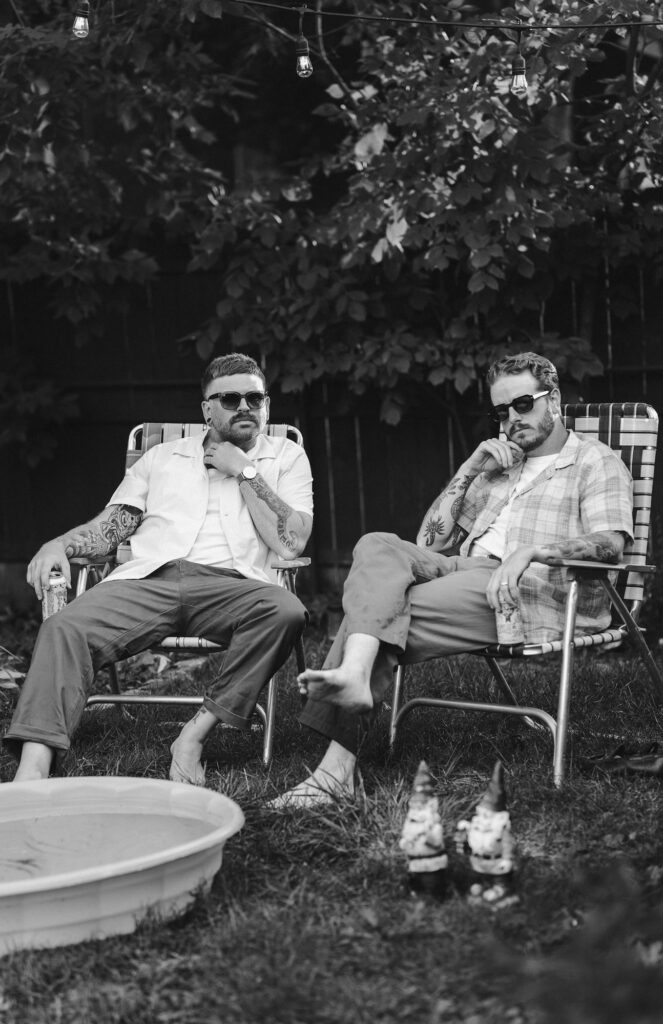
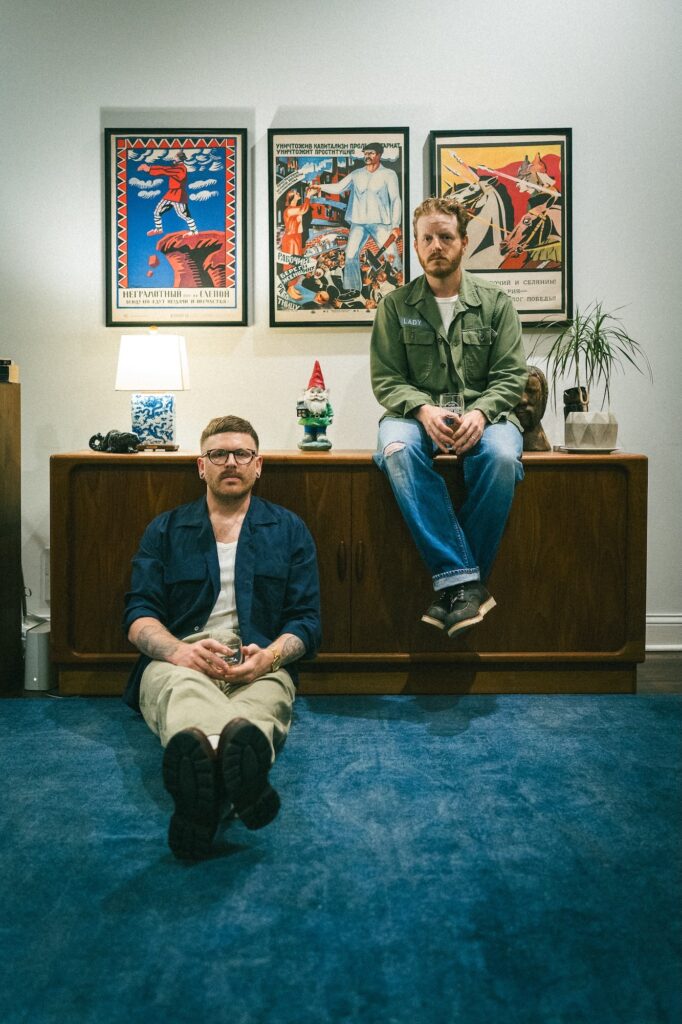
Bio
White Lucy — the Chicago-based duo of Chase Carson and Micah Boyce — first met in the early 2000s while playing in post-hardcore bands. They formed White Lucy in 2016 and released their debut album Can’t Feel Right in 2019. After a pandemic hiatus, the pair began writing their follow-up in 2022, recording throughout 2023.
That follow-up, The Paradise, arrived August 15, independently released with vinyl available via Shuga Records. The album was recorded, mixed, mastered, and executive produced by Brok Mende of Friends of Friends Recording (Luke Titus, Sen Morimoto, NNAMDÏ, Madison McFerrin, KAINA), with additional recording from Michael Franz Novak of Chicago Electric Piano Co. and Dark Canyon. A wide range of keys, synthesizers, and vintage organs from the Piano Co. were used to craft the record’s lush, layered soundscapes.
The Paradise features contributions from some of Chicago’s most celebrated and emerging artists. Semiratruth delivers a haunting verse on the title track, Sen Morimoto’s saxophone soars in a three-minute jazz-inspired breakdown, and TALK TALK TOUCH (formerly Jordanna) adds a smooth, soulful turn on the single “Love On Ya.” Chicago heavyweights Wyatt Waddell and Khaliyah X lend their powerful voices to the album’s rich background harmonies.
Opening track “Red Bird” sets the tone with a jolt. It’s raw, gritty, and maybe not what listeners expect from a White Lucy album—but it’s the perfect gateway into a record that thrives on keeping its audience on their toes.
Conceptually, The Paradise opens in familiar territory—songs about love, friendship, anxiety, ambition, and the quiet ache of wanting more. At first, it plays like a reflection of the everyday, steeped in the kinds of questions we all ask but rarely answer. And then, midway through, everything shifts. A voicemail breaks the narrative, and suddenly, the record steps into deeper water.
From that point on, every earlier theme is reexamined under the weight of mortality. What does love mean in the face of loss? What does purpose look like when time is running out? The album doesn’t offer answers so much as it wrestles with the absurdity of asking.
Still, in the end, The Paradise arrives somewhere tender—suggesting that maybe the mundane isn’t meaningless after all. Maybe it’s everything.

